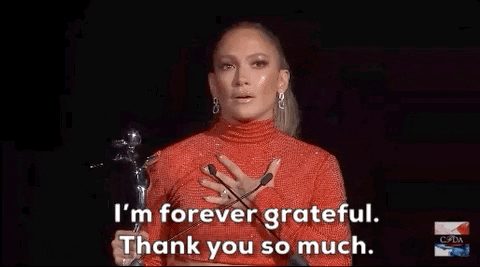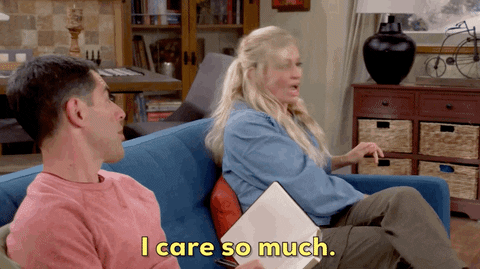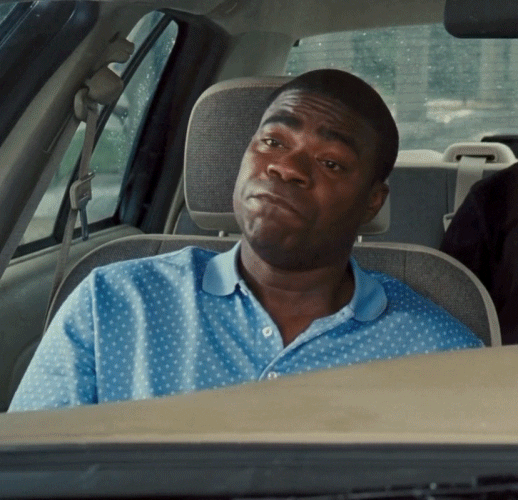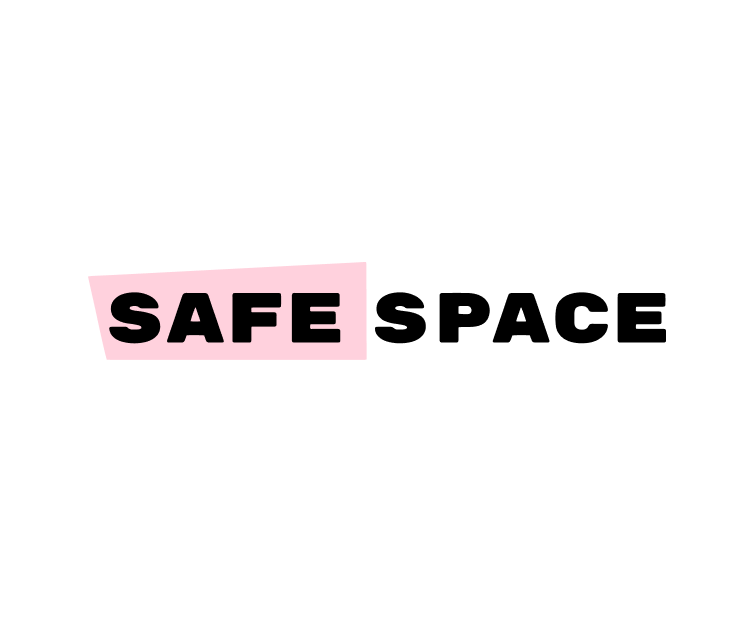
Fun fact: being grateful is consistently associated with greater happiness.
Gratitude is being thankful for things in life, either tangible or intangible.
It’s about affirming the goodness in life and acknowledging the sources of goodness outside of yourself.
Gratitude can help folks:
- Feel more positive emotions (joy, pleasure, optimism)
- Build stronger relationships (helps with compassion and generosity)
- Improve their health (better sleep, better cardio health, lower stress)
- Appreciate life experiences
- Deal with adversity
I list gratitude as one of my 3 core values alongside curiosity and honesty. I wake up every morning grateful for the opportunity to live one more day. When I adopted this mindset, I felt a real shift in my happiness.
And not to be corny, I’m incredibly grateful for you. Yes, you.
Because if you’re reading this you are probably trying to make work better. And WE KNOW that has its challenges but hopefully you never quit.
This edition is for you!
The tired & weary HR folks who might be thinking, “Another day of this sh*t?? No thanks.”
Here are 3 things to be grateful for!
#1: Leaders who give AF.

I’ve worked with leaders who don’t give a damn and it’s miserable.
I can spot the teams who have leaders that don’t care a mile away! Their teams usually have:
- Low morale
- High turnover
- Poor performance
- Bad communication
Yikes!
It makes me even more grateful for the leaders that do give AF.
Leaders who give AF:
- Have open and honest communication. They admit when they’ve made a mistake and share openly about goals, challenges and why changes are made.
- They show recognition and appreciation. Great leaders celebrate the achievements of their team – big or small. BTW: saying thank you is free!
- Invest in their team’s development. My favorite leaders to work with are the ones who are constantly searching for how to develop their team and expose them to more opportunities. They can also tell you the strengths/weaknesses of anyone on their team.
- They show compassion. Compassion is empathy + action. It’s one thing to feel empathy for what your team is experiencing, it’s another to do everything in your power to change that experience.
The DREAM is to have a team of leaders that give AF.
JOIN 130K+ HR LEADERS
Get insights, learnings, and advice on how to build companies and cultures that people actually love.
No spam. Unsubscribe any time.
If you have leaders who show up and care, that’s something to be grateful for!
Not me running to draft emails to those leaders to say thank you.
#2: The ability to say no.

^^Live footage of me on any given day.
Saying no is really powerful.
But not all teams get the opportunity to do so…
If you have the power to say no to things in your day to day, for example like:
- No, I will not make that exception that will create inequity
- No, I will not promote that employee
- No, I will not fire that employee you haven’t given feedback to
- No, I don’t agree that these goals are reasonable
Then DANG that’s something to be grateful for.
There’s nothing I LOVE more than saying no and having my decision respected AND appreciated.
For the HR team who wants to say no MORE here’s some additional reading:
Spoiler alert: saying no is all about creating a boundary…
#3: Boundaries

Boundaries?! What are those?
Just kidding!
3 types of boundaries at work:
- Job responsibilities: these are the boundaries that are related to your role that establish expectations, duties, scope and responsibilities. Ever feel like you’re constantly doing work outside your scope, you could be breaking this boundary… just saying!
- Interpersonal relationships: these are the boundaries you set with folks at work in order for you to feel safe and respected. Maybe for example you tell your manager that you prefer to receive feedback written first so that you process before you receive it live. That is a boundary!
- Personal boundaries: these are the boundaries that are set in order to ensure a healthy work-life balance and usually these align with individual priorities. Working hours is a personal boundary.
Here’s an exercise: for each category write down 1-3 boundaries that you want to have.
Here are some of mine to get you started:
- I want feedback in writing before receiving it live
- No super early meetings (i’m not my best in the AM, and I know it)
- If my Slack icon says do not disturb it means there will be a delay in my response
- I like and need alignment from my boss on what is priority vs an idea to explore.
Spoiler alert: I used to sacrifice everything for my job. It was unhealthy and terrible for my mental health.
A few years ago I noticed the conversation was changing to focus more on setting and keeping boundaries.
And for that I’m incredibly grateful.
Need more help on setting boundaries? I gotchu!
My friend created a journal to help you set intentions, boundaries to foster gratitude.
Get yours: You Got This Journal
What’s next:

Next week we’re back to our regularly scheduled programming all about HR tech with a focus on what tools to leverage for engagement & culture issues.
You know I have opinions!


